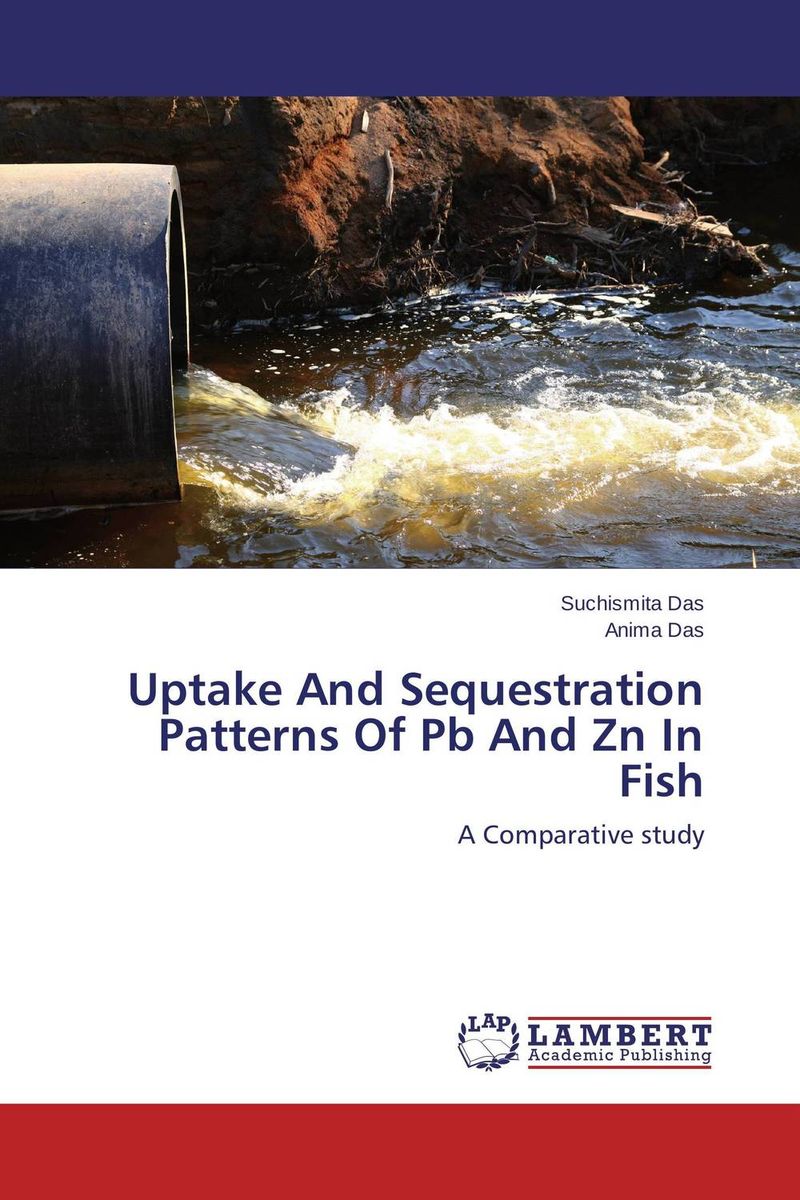Freshwater systems are rapidly becoming polluted with heavy metals such as lead and zinc, posing risk to human health and aquatic organisms. Fish tend to concentrate these metals in their tissues at chronic levels. Toxic effects of lead is known for centuries. Lead affects all organ systems, including nervous, digestive, and circulatory systems of animals. Lead displaces biologically important metals, such as calcium, zinc and magnesium, interfering with a variety of the body’s chemical reactions. Zinc is a micro element essential for proper functioning of the body. Elevated levels of zinc in aquatic systems can be due to liquid effluent discharge, atmosphere deposition, the leaching of domestic sewage and metal bearing minerals insecticides and galvanizing processes. However, zinc can be toxic in elevated concentrations. Therefore, it has become pertinent to study the extent of toxicities of these two metals and their comparative patterns of uptake and sequestrations in a fish system. Это и многое другое вы найдете в книге Uptake And Sequestration Patterns Of Pb And Zn In Fish (Suchismita Das and Anima Das)
Uptake And Sequestration Patterns Of Pb And Zn In Fish Suchismita Das and Anima Das
Подробная информация о книге «Uptake And Sequestration Patterns Of Pb And Zn In Fish Suchismita Das and Anima Das». Сайт не предоставляет возможности читать онлайн или скачать бесплатно книгу «Uptake And Sequestration Patterns Of Pb And Zn In Fish Suchismita Das and Anima Das»
